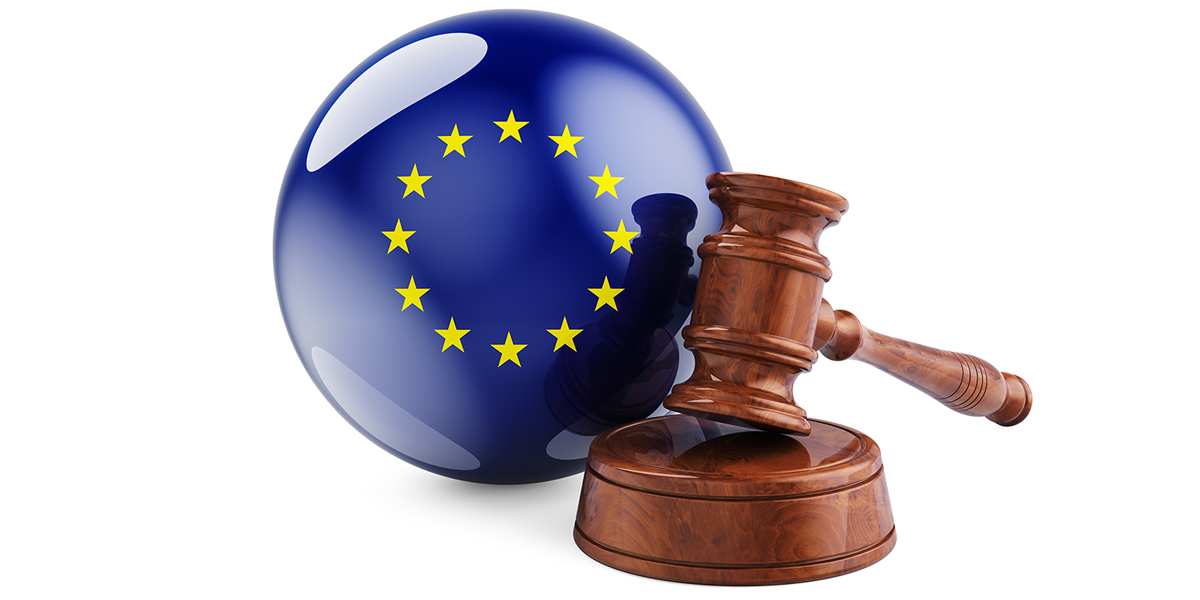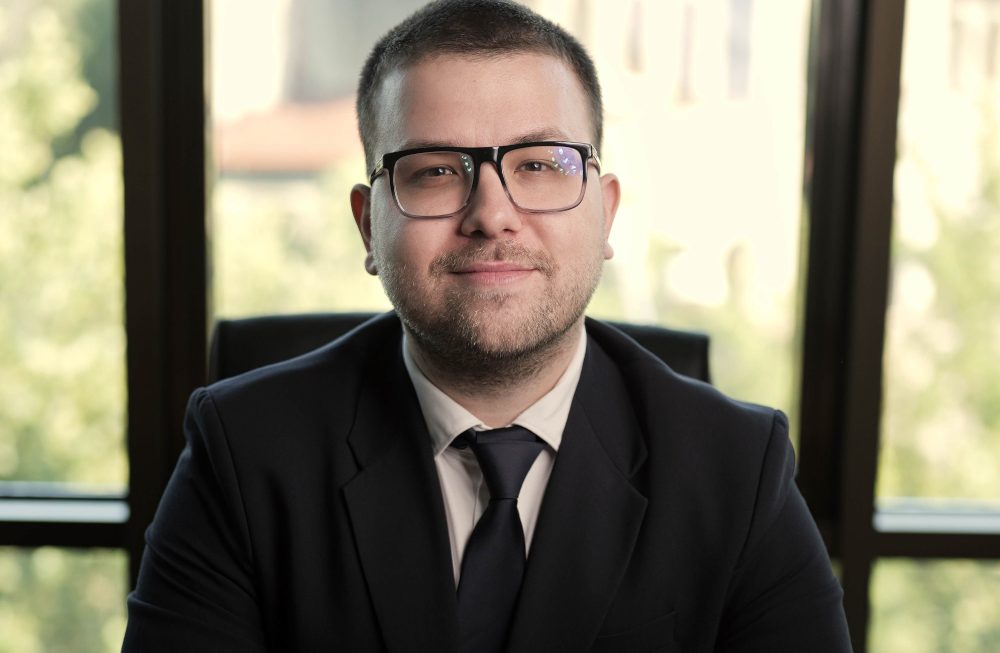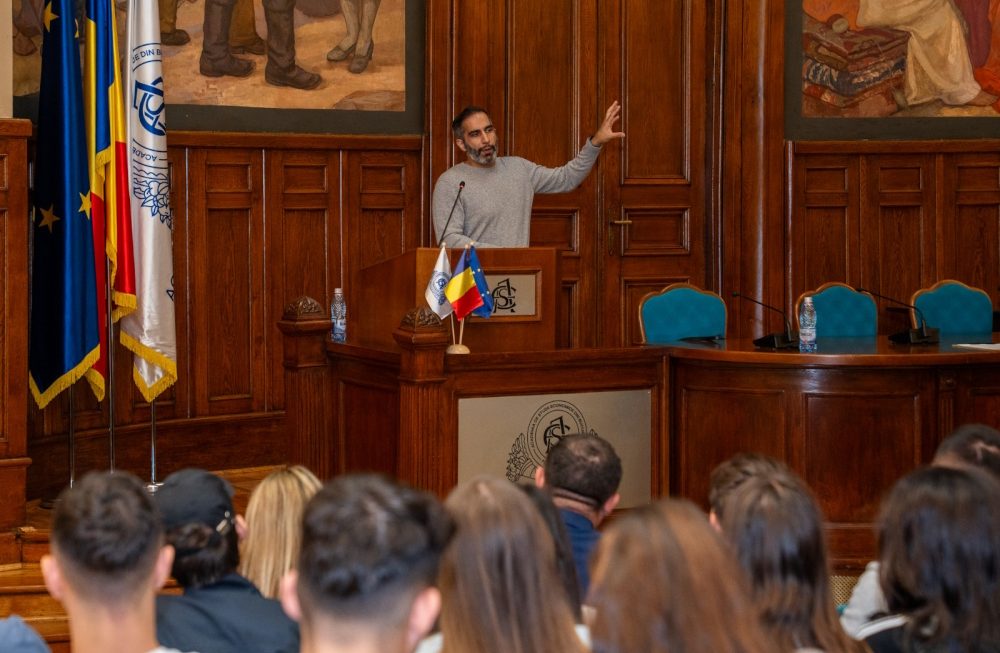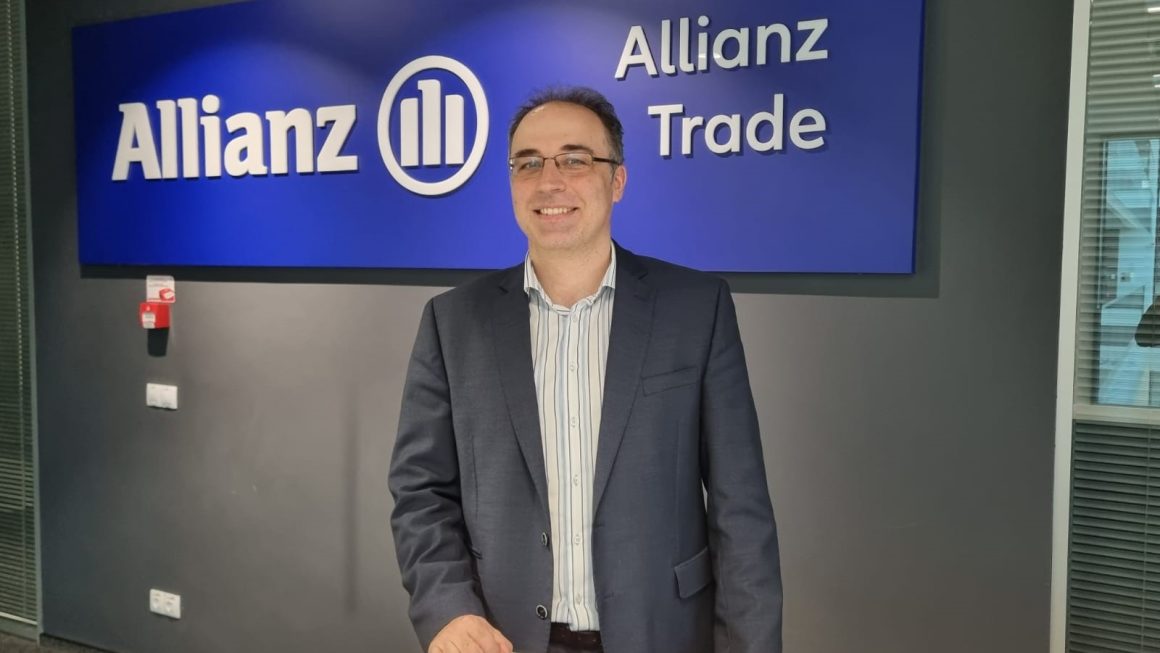
1 year EPPO: the EU fights for its interests
Foto: natatravel / depositphotos.com
For a long time, the European Union was regarded as a strange entity, something like perhaps the opposite of a great power, in the sense that it had a lot of soft power, but no hard power to back it with. Money was indeed flowing from Brussels, but when it came to things like the military, it was NATO who played first fiddle. And while everybody loved the benefits of the free single market, law enforcement and the judiciary was something Member States liked to keep for themselves. Alas, criminals know no such scruples, roaming freely across the continent.
At one point, the EU put its foot down. States acknowledged the need to strengthen cooperation in judicial and criminal matters and established bodies like Eurojust and Europol to deal with transnational European criminal networks: traffickers of all kind, money launderers, kidnappers, gangs exploiting vulnerable people for work or sexual services.
But in one respect, the states acted with seemingly less impetus: combatting actions against the Union’s own financial interests. True, some progress was achieved in this area as early as 1988, when an Anti-Fraud Coordination Unit was created, followed in 1999 by the European Anti-Fraud Office OLAF. But bodies like OLAF are not very effective, something that becomes obvious already from the language they use in official documents to describe their MO. OLAF receives information about possible fraud and irregularities from a wide range of sources, mostly from controls by those responsible for managing EU funds within the European institutions or the Member States. OLAF may then conduct interviews and inspections of premises. After an investigation is concluded, OLAF recommends action to the relevant EU institutions and national authorities, usually including criminal investigations, financial recoveries or other disciplinary and administrative measures. It then monitors how these recommendations are implemented. But all good intentions considered, words like “recommendation” and “monitoring” do not really spell being tough on crime against EU-interests.
This is why for quite some time it was clear that a sharper tool was needed to fight crimes against the EU as a whole. The story of this instrument – the European Public Prosecuter’s Office, or short EPPO – involves two prominent female legal professionals from Romania – one acting from the front of EU judicial policy, the other one fighting crime as head of the feared and loathed anti-corruption unit DNA.
The Romanian MEP Monica Macovei is a household name in political circles in Brussels. As a European lawmaker she was known to relentlessly push for topics like extended confiscation. In 2014, the European Parliament adopted with her significant contribution the proposals for a Directive on freezing and confiscation of proceeds of crime in the European Union. Noting that less than 1% of the proceeds of crimes are frozen and confiscated, and most of this ”dirty money” is laundered, Macovei insisted that the EU´s priority must be to follow the money across borders and confiscate the profits of criminals. Sending some people to jail but leaving the money in circulation cannot be tolerated, she claimed.
Under “her” Directive, extended confiscation applies to more crimes than before, for instance to white collar area like active and passive corruption in the private and public sectors, also involving EU and member states’ officials, participation in a criminal organisation.
Macovei then turned her attention to a EU-wide prosecuter’s office. In 2015, in a statement co-authored with then Budget-Commissioner Kristalina Georgieva, and Justice-Commissioner Vera Jourova, she criticized that the EU was unable to prosecute criminal activity against its budget, because criminal investigations and prosecutions remained entirely in national hands, and the efforts of national authorities to fight financial crime against the EU budget varied considerably from one member state to another. The dimension of the problem is European, we therefore need a European answer, too: a European Public Prosecutor’s Office with a clear mission and powers to investigate across the EU and prosecute offenses against the EU
budget. The Office needs clearly defined supervision powers—and must be fully independent, the three politicians outlined the concept.
In 2017, as the European Parliament consented to the EPPO, Monica Macovei wrote that the vote was the final point after many years of her negotiating with member states´ ministers of Justice and Home Affairs.
However, not all of her efforts were entirely successful. Some countries receiving large amounts from Brussels – Hungary and Poland – have decided not to join the EPPO, Sweden kept out at the beginning but wants to join possibly even this year, while Denmark and Ireland have an opt-out from the area of freedom, security, and justice altogether.
But even states officially on board have a complicated history with the newly formed institution: the Slovenian government held back the nomination of the Slovenian Delegated Prosecutors, so that the office was effectively prevented from conducting fraud investigations in Slovenia when it started to work in June 2021. Only in November 2021, the EPPO could finally appoint the Slovenian prosecutors.
And then, of course, there is the case of Romania. Even though Laura Codruța Kövesi, the former chief prosecutor of the national corruption fighting agency DNA, was widely considered to be in the pole position and best qualified to be the first EPPO-head, her own country denied her support, arguably because she had stepped on one too many corrupt politician’s toes during her career as DNA-chief. For the relentless fight against corruption in her own country she received not only kudos.
Reason prevailed, however, and in June 2021, the EPPO started working with Kövesi at its helm.
Reports from national authorities, EU institutions, bodies, organizations and agencies, and from private parties, including citizens, started coming in. Those reports are then registered and verified, and afterwards assessed by one of the 15 Permanent Chambers, each one consisting of three European Prosecutors. To ensure an independent assessment of cases, none of the members of the Permanent Chambers are from the country where the report came from, an EPPO spokesperson explained to us. After the Permanent Chamber decides to initiate a case, it is then assigned to a European Delegated Prosecutor who is in charge of the investigation, based on the principle that a European Delegated Prosecutor from a certain country will investigate a case concerning that country. She or he will be working with the national authorities like police or customs and also with the local judges if judicial measures like searches of premises or wire tapping would be needed. All cases are tried by the EPPO prosecutors before the national court, we were told.
Typical cases for EPPO prosecutors are VAT frauds, including so called carousel or missing trader fraud. Based on estimates, these crimes cost revenue authorities around EUR 60 billion annually in tax losses and generally involve organized crime groups, Europol knows. The criminals create a network of companies and individuals across several countries in order to abuse both national and international trading and revenue-accounting procedures.
Because VAT is applied only to sales within a Member State at the applicable domestic rate, traders are able to import goods without accounting right away for the VAT. Any VAT charged on sales should be declared and paid to the Member State’s revenue authority. In simple cases, fraudsters sell the goods, charge VAT to buyers but then fail to pay it to the tax authorities. More complex cases of VAT fraud are typically known as carousel frauds: Goods are imported and sold through a series of companies before being exported again. The first company in the domestic chain charges VAT to a customer, but does not pay this to the government, becoming what is known as a ”missing trader”. The exporters of the goods claim and receive the reimbursement of VAT payments that never occurred, Europol describes the scheme further.
And what about the results so far? The EPPO already published the first annual report for 2021, effectively covering only the seven months since it took up work. On the quantitative side, by the end of 2021, there were 515 active investigations, with an estimated damage of 5.4 billion Euros. 17.6% of them concerned VAT fraud, for an estimated total damage of 2.5 billion Euros. Between a third and a quarter of investigations have a cross-border dimension. Looking to the quality side, the report mentions that the EPPO brings a decisive advantage to law enforcement in cross-border investigations. Without cumbersome mutual legal assistance formalities, organizing coordinated searches or arrests across borders has been a matter of weeks, instead of months. Unprecedented access to operational information through its Case Management System allowed the EPPO to establish connections between different investigations (and subsequently merge them), to identify more evidence to be secured and assets to be seized.
Unfortunately, the report also admits that after seven months of operations, it has become clear that the level of detection of fraud affecting the financial interests of the EU is suboptimal and varies significantly from Member State to Member State. This is particularly visible on the revenue side of the EU budget, with several Member States failing to detect any serious VAT fraud, as well as surprisingly low numbers of reports concerning customs fraud.
Clearly, a lot remains to be done. But at least things seem to be moving in the right direction.
Alex Gröblacher
Share
Share















